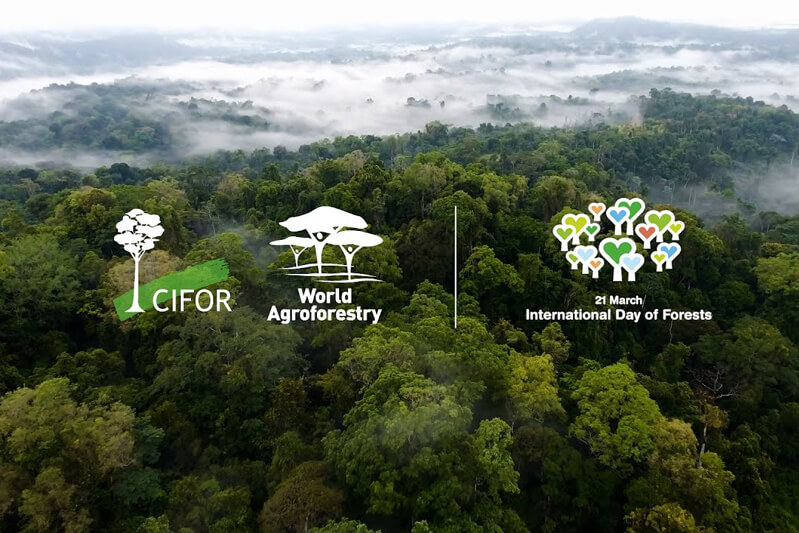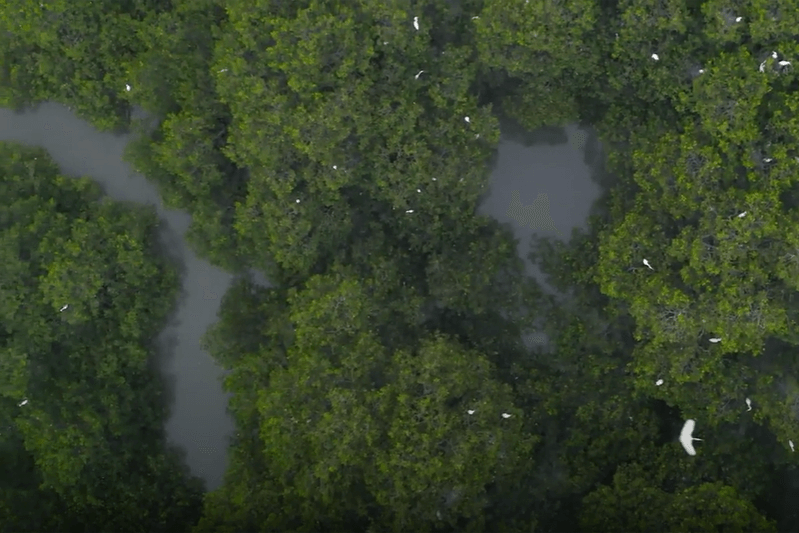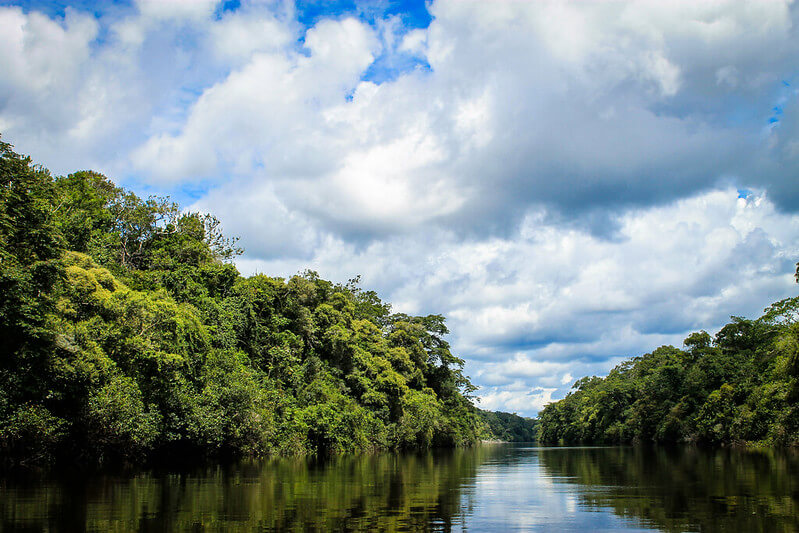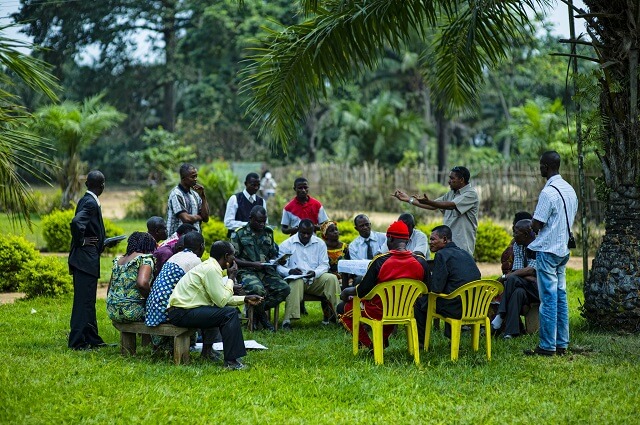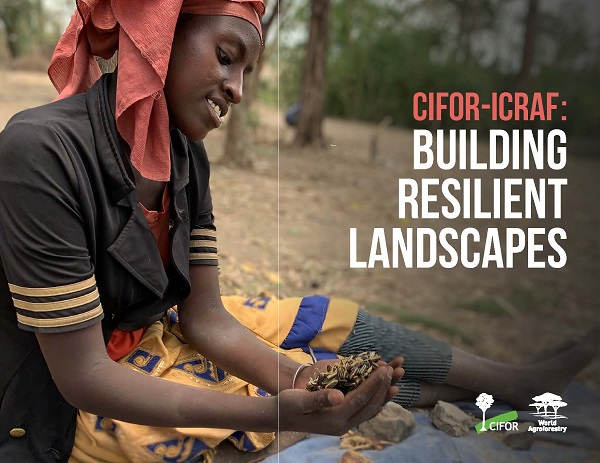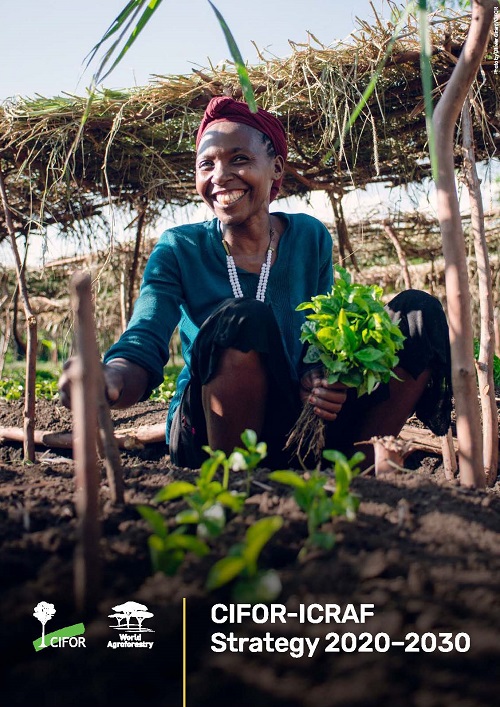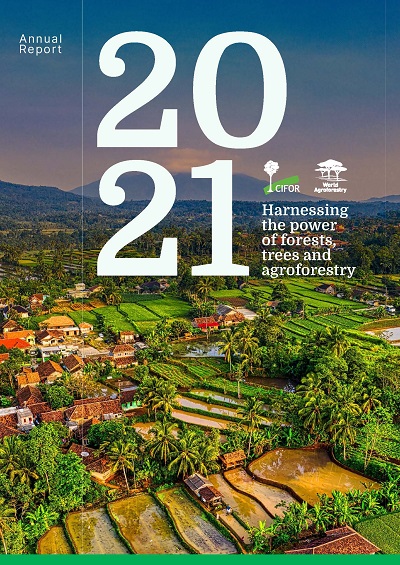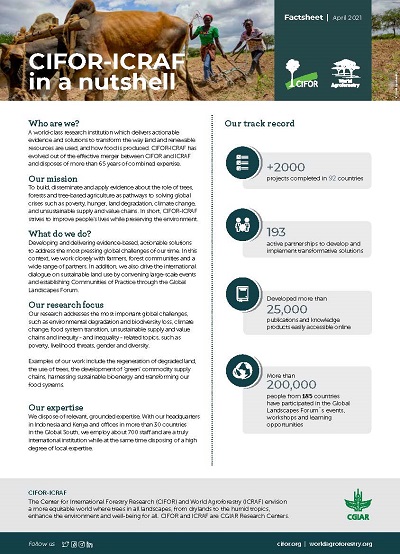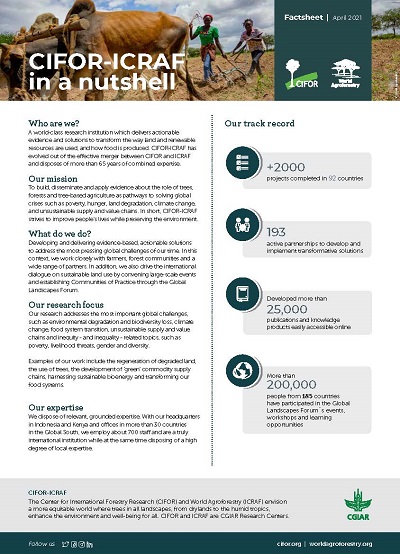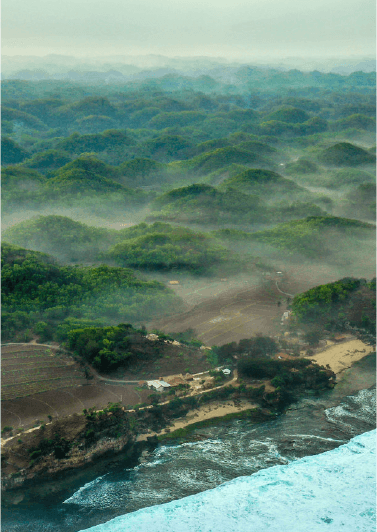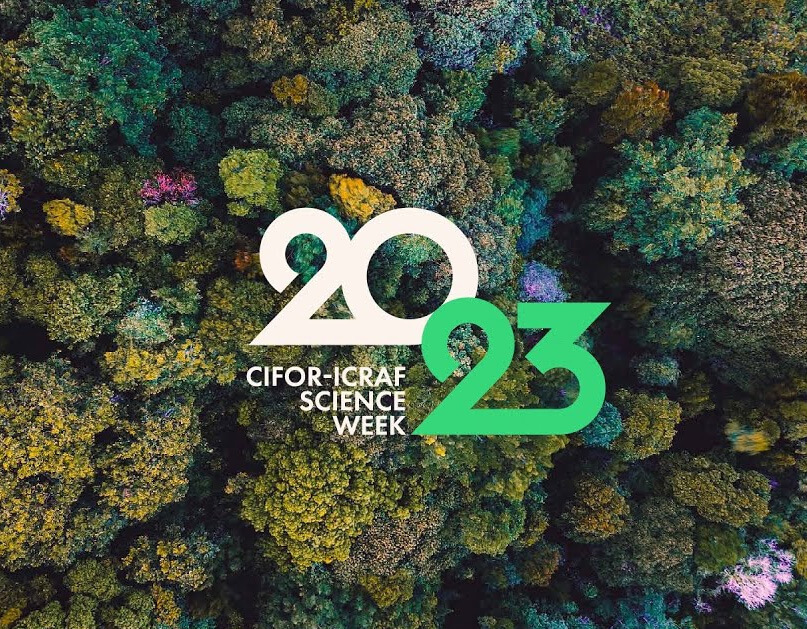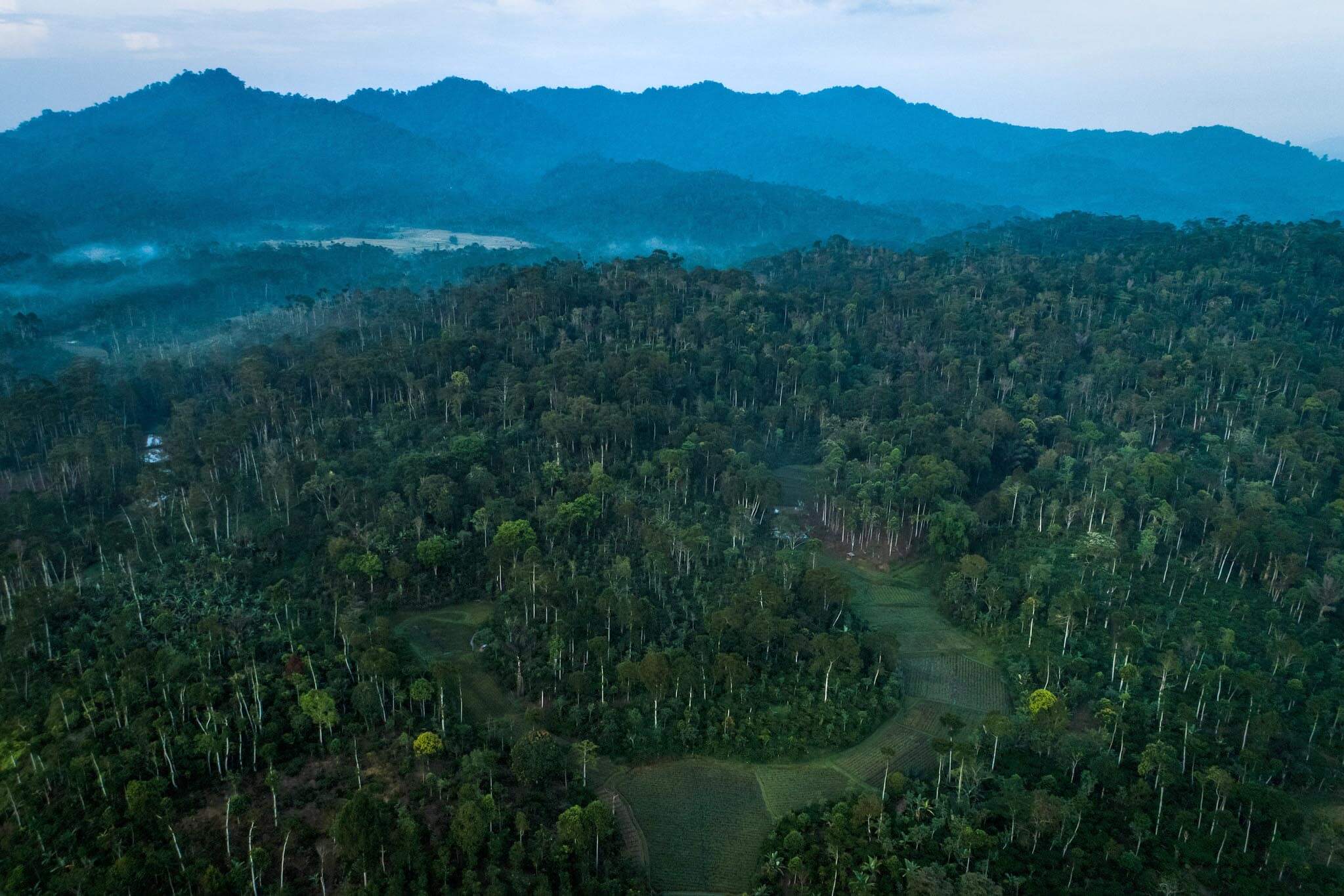Three decades of dedication to trees and forests
Since 1993, the Center for International Forestry Research (CIFOR) has brought critical forest research to global discussions, raising the profile of tropical forests and of the people who depend on them, and influencing policy and practice at international, national and subnational levels. Its achievements include uncovering direct and indirect causes of deforestation, revealing the critical role of tropical forests in rural livelihoods, and demonstrating how forests and trees can mitigate climate change and advance the Sustainable Development Goals. Its merger with World Agroforestry (ICRAF) in 2019 has accelerated impact in forestry and agroforestry research, policy and development.
This feature showcases major milestones in CIFOR’s journey and its next chapter as CIFOR-ICRAF – the world’s foremost research-for-development organization focused on trees in forests and agricultural systems.
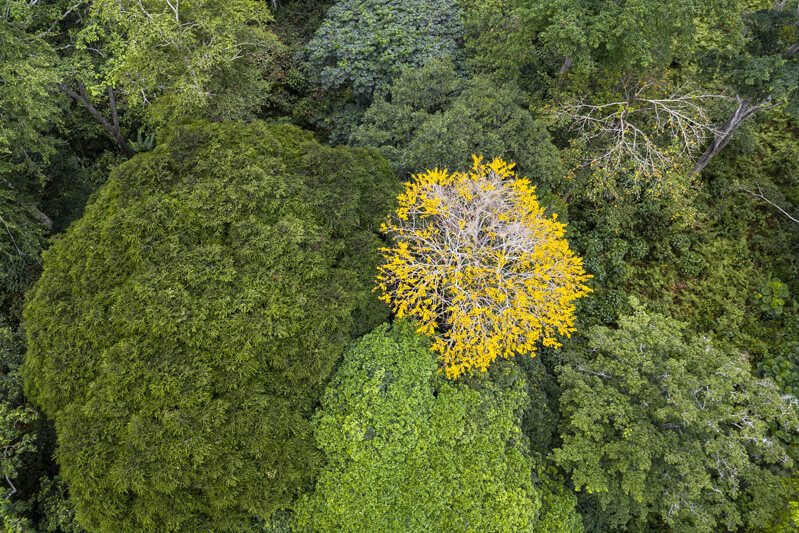
CIFOR 30-year timeline
-
1993
-
CIFOR launches under a host country agreement with the government of Indonesia
-
-
1995
-
The 300,000 ha Bulungan Research Forest in East Kalimantan, Indonesia is allocated to CIFOR by Ministerial Decree
-
-
1996
-
CIFOR headquarters inaugurated
-
The Strategy for Collaborative Forestry Research launches, positioning CIFOR to fill an empty niche in international research related to forests and forest-dependent people
-
-
1997
-
CIFOR begins actively promoting the concept of strategic ‘impact pathways’
-
-
2000
-
CIFOR recommendations on the underlying causes of deforestation for the United Nations Environment Programme (UNEP) are adopted by all governments
-
-
2001
-
CIFOR contributes to the work plan of the UN Framework Convention on Climate Change (UNFCCC) and clarifies some aspects of the Clean Development Mechanism of the Kyoto Protocol
-
-
2002
-
The Secretariat of the Convention on Biological Diversity (CBD) commissioned technical papers from CIFOR scientists on forest fires and non-timber forest products (NTFPs). CIFOR helped to establish the importance of NTFPs on the CBD agenda
-
CIFOR’s work on Criteria and Indicators (C&I) contributed directly to various certification schemes, including Forest Stewardship Council, Indonesian Ecolabelling Institute, IBAMA (Brazil) and African Timber Organisation
-
-
2004
-
Adaptive Collaborative Management (ACM) is found to have helped communities strengthen their organisations, begin new forestry activities and improve their relationships with government agencies and private companies at 30 sites in 11 countries since 1999
-
-
2007
-
CIFOR launches a new strategy for 2008-2018 called “Making a difference for forests and people“, which placed a strong emphasis on impact
-
The inaugural Forest Day is celebrated at the UNFCCC Conference of the Parties in Bali
-
-
2008
-
CIFOR scientists helped to formulate the International Tropical Timber Organisation (ITTO) biodiversity guidelines and contributed to Climate, Community and Biodiversity Alliance (CCBA) standards to evaluate impact of forest-based activities on climate, local communities and biodiversity
-
-
2009
-
The Global Comparative Study on REDD+ (GCS REDD+) launches
-
-
2010
-
CIFOR research in Indonesia’s Papua province contributes to a reconsideration of the extent and pace of land being allocated for oil palm and timber plantations
-
-
2011
-
The Forests, Trees and Agroforestry Partnership (FTA), the world’s largest integrated collaborative research program on forests and trees, launches
-
Landmark findings reveals that mangroves store between three to five times more carbon than tropical forests, generating worldwide interest from the scientific community and the media
-
The Sustainable Wetlands Adaptation and Mitigation Program (SWAMP) is established
-
-
2013
-
The inaugural Global Landscapes Forum (GLF) event takes place alongside the 2012 UN Climate Change Conference (COP 19) in Warsaw, Poland
-
-
2015
-
CIFOR coverage of 2015 fire and haze events helps generate global media attention to Indonesia’s peatland fires
-
Peru’s Forest Service incorporates CIFOR research into the legal norms that govern timber extraction in Brazil nut concessions
-
The Global Landscapes Forum (GLF) event in Paris draws stakeholders from forestry, agriculture, water, energy, law and finance to discuss land-use issues
-
-
2016
-
The 2016-2025 strategy “Stepping up to the new climate and development agenda” launches, aligning CIFOR’s work to the Sustainable Development Goals and Paris Agreement
-
The World Bank’s Living Standard Measurement Study’s survey forestry module and sourcebook incorporate methodology from CIFOR’s Poverty Environment Network (PEN), which found that rural households get up to 20% of income from forests
-
-
2017
-
CIFOR and World Agroforestry (ICRAF) begin merger discussions
-
-
2018
-
CIFOR and ICRAF decide to merge
-
Transforming REDD+: Lessons and new directions book, which analysed 10 years of GCS REDD+ and other research, is released
-
The Green Climate Fund’s 2018-2020 gender and social inclusion policy is released and includes key messages that align with CIFOR recommendations
-
Ethiopia’s new Forest Law draws on CIFOR recommendations to recognise the rights of local communities in forest management and restoration
-
-
2019
-
CIFOR and ICRAF merge on 1 January with the goal of providing the evidence and innovative solutions needed to scale up investment in sustainable development and address the global challenges of our time
-
CIFOR-ICRAF proposes new holistic approaches: Transformative Partnership Platforms (TPPs), Engagement Landscapes and Flagship Products
-
-
2020
-
CIFOR-ICRAF releases its 2020-2030 strategy
-
Resilient Landscapes launches at the Global Landscapes Forum (GLF) event “Plant trees, save planet?”
-




